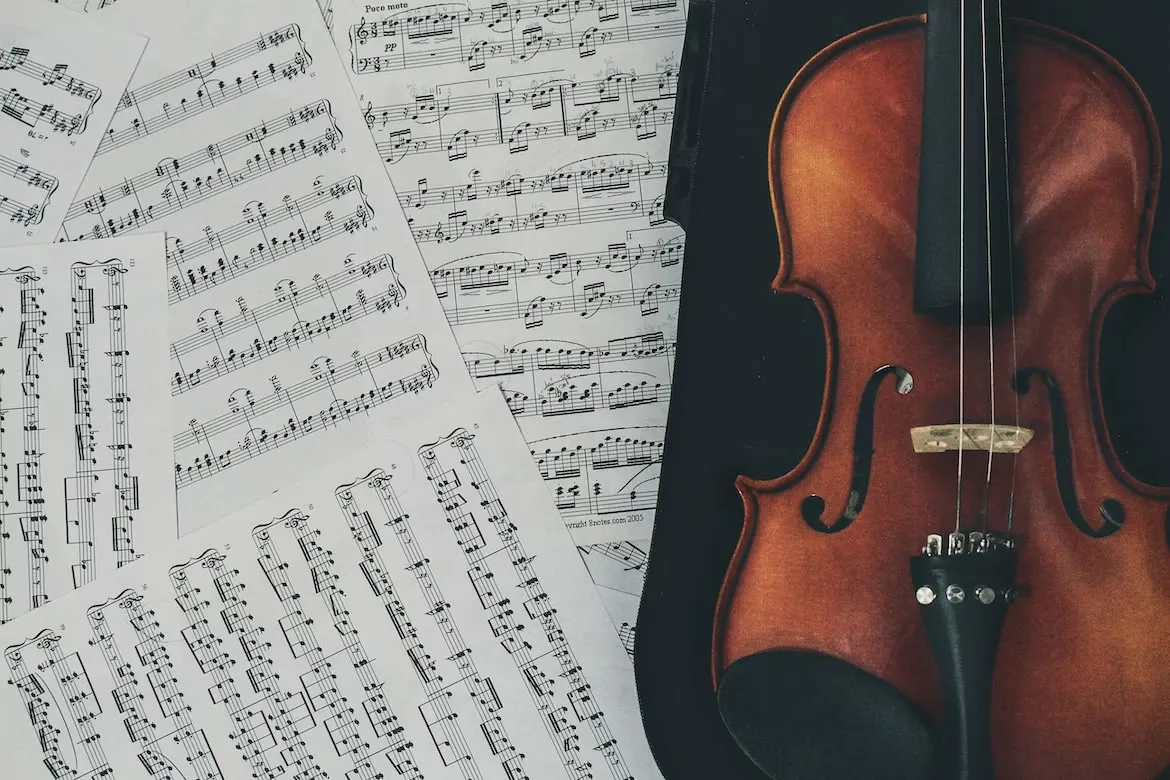
Music is vast and diverse. Over the years, individuals have developed various mechanics to understand its form. Music research encompasses many disciplines. For example, historical traditions, the brain’s perception and response, and more.
Scholars adopt diverse methodologies for musicological research to provide insight into musical dimensions. They include cultural, social, and psychological techniques. With this, they understand its impact on individuals and society. Musical methodologies seek to unravel music and understand its origin. In addition, it explores its cultural significance and effects on the mind. This article will discuss the research methodologies scholars use to investigate music.
The Principal Methodologies for Musical Research
Researchers use several methodologies to explore music. The most popular ones are:
Qualitative and Quantitative Music Research Methodology
Qualitative and quantitative methodologies apply to various fields. They include music, natural and social sciences. The former tries to understand the meanings and experiences of a group. Thus, it focuses on subjective interpretations and contextual understanding. The latter involves gathering and analyzing numerical data to reveal trends and relationships.
College professors instruct students to write music research papers to expand their knowledge. Research paper topics on music explore the subjects from different angles. Plus, students adopt one or two methodologies in the process to learn how it works. However, they often stick with this approach due to its simplicity. Qualitative data is easier to gather and compute than quantitative information. As a result, many college students face problems interpreting large sample sizes and calculating statistics. Paying for a research paper at paperell.net can help you keep your grade up in an efficient manner. Expert writers will complete research papers, giving you an advantage since you can focus on less challenging processes.
Qualitative research is subjective as it explores personal interpretations. Researchers use methods to gather data like:
● Interviews
● Focus groups
● Observations
● Open-ended questions.
Therefore, scholars perform qualitative analysis by categorizing, coding, and interpreting data to identify patterns. This provides well-rounded information about individual perspectives surrounding a musical phenomenon. But since it is subjective, the participant’s background and bias affect the result.
Quantitative analysis is objective and relies on standard data collection methods. The goal is to reduce bias and subjectivity using predetermined procedures. Quantitative researchers gather data through surveys, experiments, and existing datasets. Furthermore, the sample size is larger. Hence, they use statistical analysis to interpret the data and draw conclusions. They measure the central tendency, analyze regression, correlation, and test hypotheses.
Historical Investigation
This is a unique approach that emphasizes investigating music’s historical development. Musicologists study the history of music, including its evolution and cultural aspects. Researchers analyze and interpret historical sources, documents, and artifacts to reconstruct events. They further use it to track developments and contexts from earlier periods. Scholars study primary and secondary sources to understand composers and genres. It helps them identify patterns and comprehend historical events. The common approaches they undertake are:
● Identifying inquiries to guide the investigation.
● Gathering and evaluating sources.
● Critical source analysis.
● Establishing historical context.
● Constructing narratives and interpretations.
● Engaging in historiography.
● Presenting findings.

Ethnography
Ethnomusicology explores various musical aspects, such as their social and cultural significance. Hence, the field combines anthropology and musicology. Ethnography involves using qualitative methods to understand cultures and traditions. Researchers focus on a single cultural context. As a result, they explore social phenomena and practices within a group. They immerse themselves in the community, conduct interviews, and engage in participant observation. Ethnography gathers data using the following:
● Participant observations into lived experiences, social interactions, rituals, and community behaviors.
● Fieldwork and data collection using interviews, conversations, audiovisual recordings, and document analysis.
● Ethnographers examine their perspectives and assumptions to acknowledge their biases and subjectivity.
● The study captures intricate details, meanings, and social dynamics existing in the community.
● Data analysis and interpretation to find recurring themes, patterns, and relationships.
● The researcher gets participants' consent, accurately represents cultures, and protects confidentiality.
Autoethnography
Autoethnography combines autobiography and ethnography elements. Think of it like a personal essay, except it is about music. It involves exploring personal experiences and narratives concerning musical and cultural significance. Researchers examine their personal journeys. This allows them to discover how it interests them within their identities. It involves self-reflection and acknowledging culture’s impact on their musical experiences. Apart from this, they acknowledge cultural and social context influence. They examine class, gender, and how norms shape their music-related experiences.
Autoethnography emphasizes using narrative techniques to capture the social dimensions of musical interactions in their lives and others. Most importantly, they challenge assumptions and uncover personal meanings.
Cognitive Analysis
There is a link between music cognition and psychology. The cognitive analysis investigates the process involved in perception and production. It investigates how individuals make sense of stimuli. For example, how the brain processes harmony, melody, and forms musical patterns. Researchers adopt behavioral experiments, psychophysiological measurements, and neuroimaging techniques to gather data. Then, they examine recurring patterns, formal structures, and harmonic progressions.
The cognitive analysis studies feature that influence perception and processing. It explores musical structure encoding, storage, and retrieval from memory. Furthermore, the analysis studies the emotional responses songs evoke. The methodology draws upon expertise from neuroscience, cognitive psychology, computer science, and more.
Сonclusion
Scholars use diverse methodologies to study songs. They extend to ethnomusicology, music psychology, and historical analysis. The research areas explore songs within their cultural contexts to understand their significance. Researchers examine the psychological processes of perception, cognition, and emotional responses. They use different methods to investigate topics for a comprehensive understanding. For instance, statistical analysis, interviews, and historical investigation. The methodologies above are a few examples of the diverse options available. The methodology choice depends on various factors if you want to write research papers about music. They include the question, aim, context, and study goals. We recommend you hire someone to save time and stress.
































